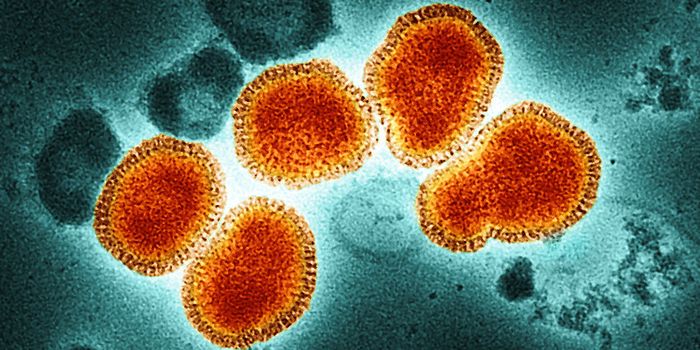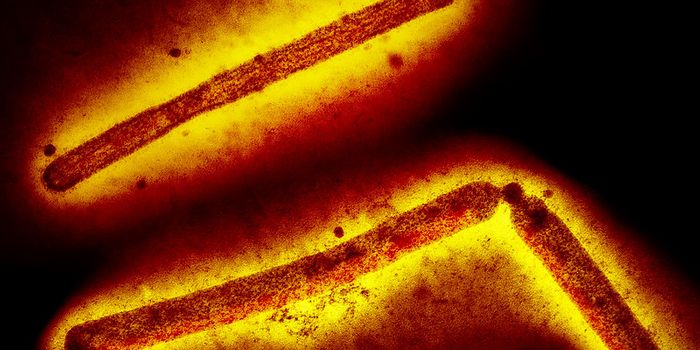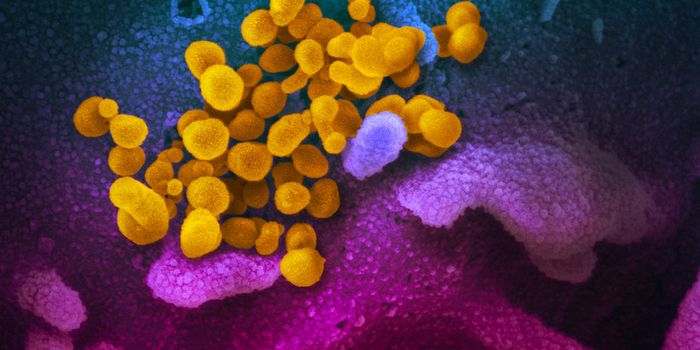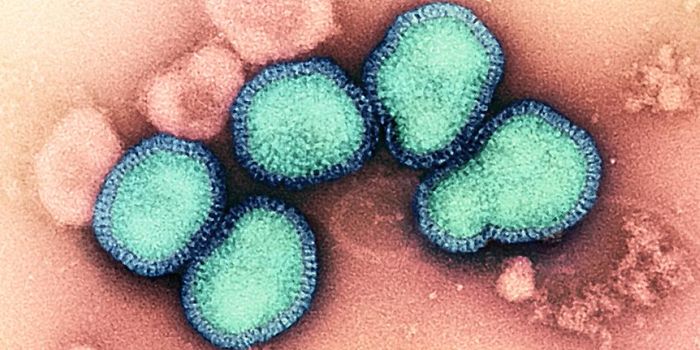This Bacterium Converts Trash to Energy
There is a lot of waste, especially organic waste, in the modern world. It’s been estimated that about one-third of all food that is produced for human consumption is wasted, and about 46% of all solid waste generated in the world is organic. But, we do have a few ways to manage all of this trash, and microbes are important helpers in these processes. In a new study, researchers have investigated how one particular bacterium plays an essential role in converting organic waste like potato peels and leftover meat scraps into renewable natural gas (RNG).
This study, which was reported in Nature Microbiology, focused on a waste facility in Surrey, British Columbia. It handles about 115,000 tons of food waste every year.
Bacteria can degrade food waste into small compounds such as amino acids, fatty acids, and sugars, which are then used by other microbes. The microbes converted these molecules into organic acids, like acetic acid. Other microbes can then use those organic acid byproducts to generate methane, which can be refined into RNG. One microbe that is essential to this process was shown to belong to the Natronincolaceae family.
Organic food waste with high levels of protein can lead to the production of ammonia as it degrades, and excessive ammonia levels can stop the production of methanol, leading to the buildup of acetic acid. Waste tanks become acidic, and RNG production stops.
But the microbes identified in this study can tolerate these higher ammonia levels, to maintain RNG production when other microbes fail. These findings can explain why some of these digesting systems can start to slow down while others keep working even when conditions are poor. High levels of ammonia may actually be good for these bugs.
"Municipal facilities owe a lot to these organisms," said corresponding study author Dr. Ryan Ziels, an associate professor at the University of British Columbia (UBC). "If acetic acid builds up, tanks have to be dumped and restarted—an expensive, messy process."
"Converting waste to methane is a cooperative process involving multiple interacting microbes," added study co-author Dr. Steven Hallam, a professor at UBC. "This newly identified bacterium is one of the key players making it happen."
Sources: University of British Columbia, Nature Microbiology









